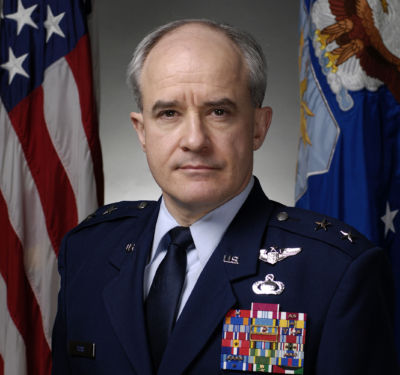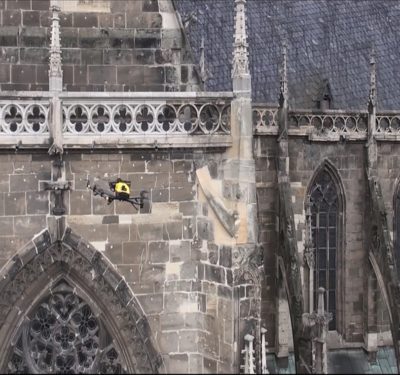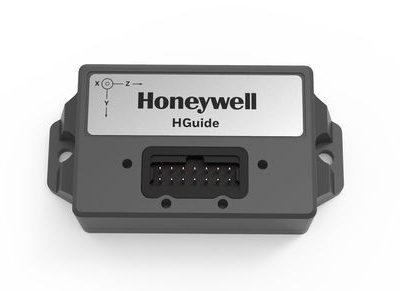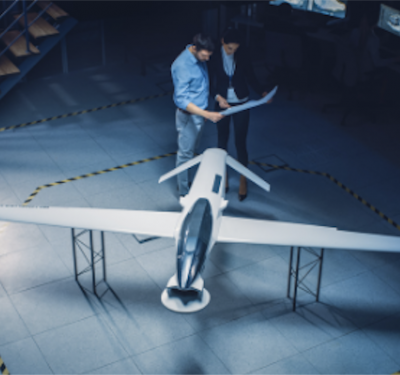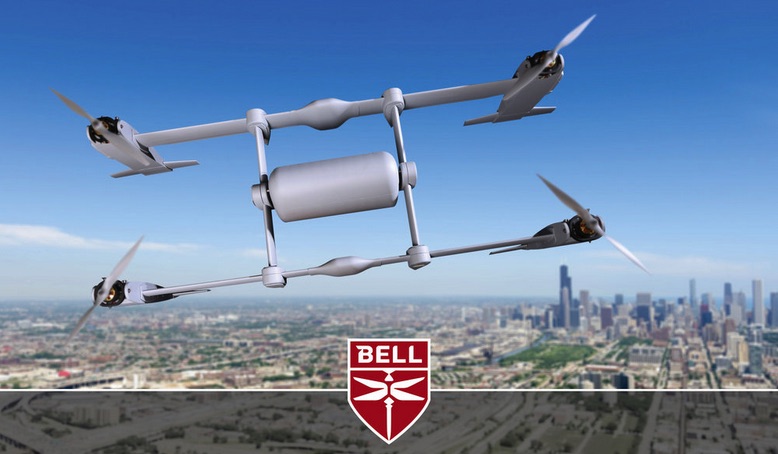
Bell announced in September it had entered into a cooperative agreement with NASA to do a flight demonstration next year. Photo courtesy of Bell Helicopter.
Bell Helicopter, a Textron company, is asking for a new exemption to continue testing its Autonomous Pod Transport 70 (APT70)cargo-carrying drone.
The APT(70) is a verticaltakeoff/vertical landing aircraft that converts to fixed-wing flight for greater speed across long distances—going up to 100 miles per hour. Once it arrives the unmanned aircraft lands autonomously, settling to the same tail-sitting configuration it had at takeoff. The APT70 has a baseline payload of 70 pounds. A smaller version with a 20-pound payload, the APT20, has also been tested.
Bell announced in September it had entered into a cooperative agreement with NASA to do a flight demonstration next year. Also on the team are Xwing and the University of Massachusetts Amherst’s Center for Collaborative Adaptive Sensing of the Atmosphere (CASA). The group plans to demonstrate end-to-end commercial operations, gathering information on the requirements for supporting medical, law enforcement/parapublic and offshore missions. The objective of the agreement is to move toward routine commercial operations in the U.S. National Airspace System (NAS).
Bell also envisions possible military applications for the drone.
Bell will lead the design, development, production and systems integration of APT, while Textron Systems will supply command and control operations. Xwing will provide detect-and-avoid technologies and CASA weather avoidance technology.
The exemption request to the Federal Aviation Administration would support testing in Palo Pinto County in north-central Texas to altitudes of up to 400 feet. Flight testing would be extended to Choctaw Nation where the drone would be allowed to flight as high as 1,200 feet AGL (above ground level) with visual observers in a chase plane monitoring the flight.
The Docket number on regulations.gov is 2019-09253. Comments on the request must be received by May 28.


